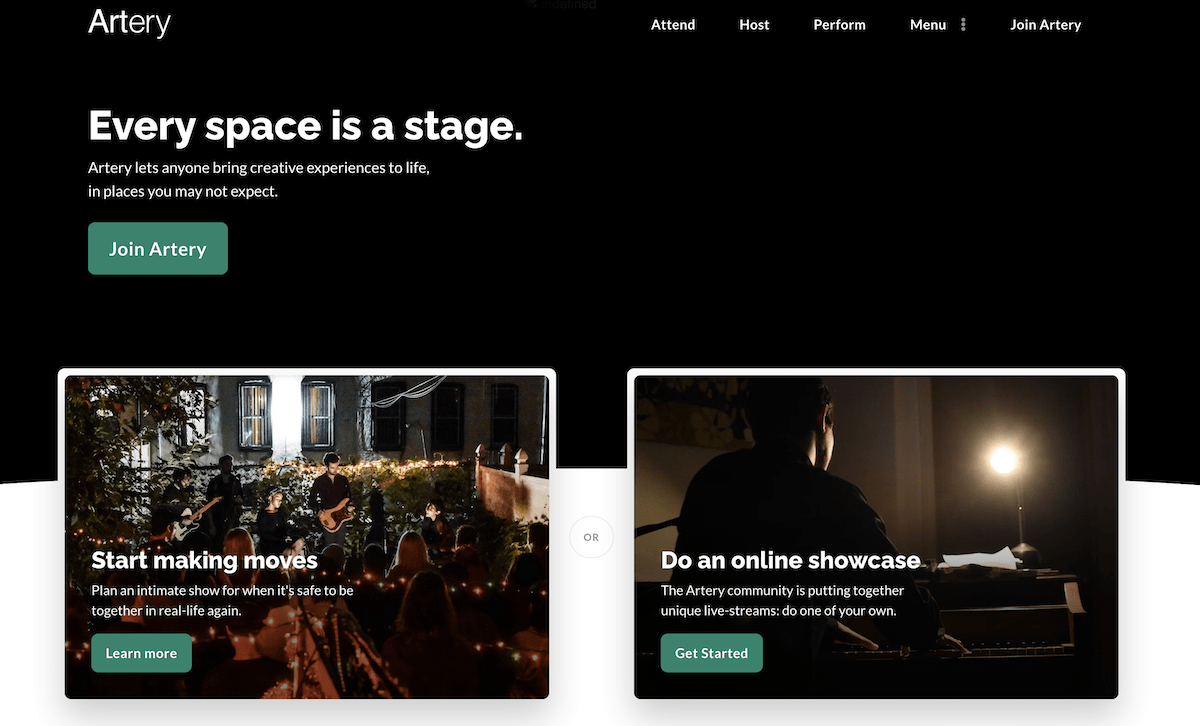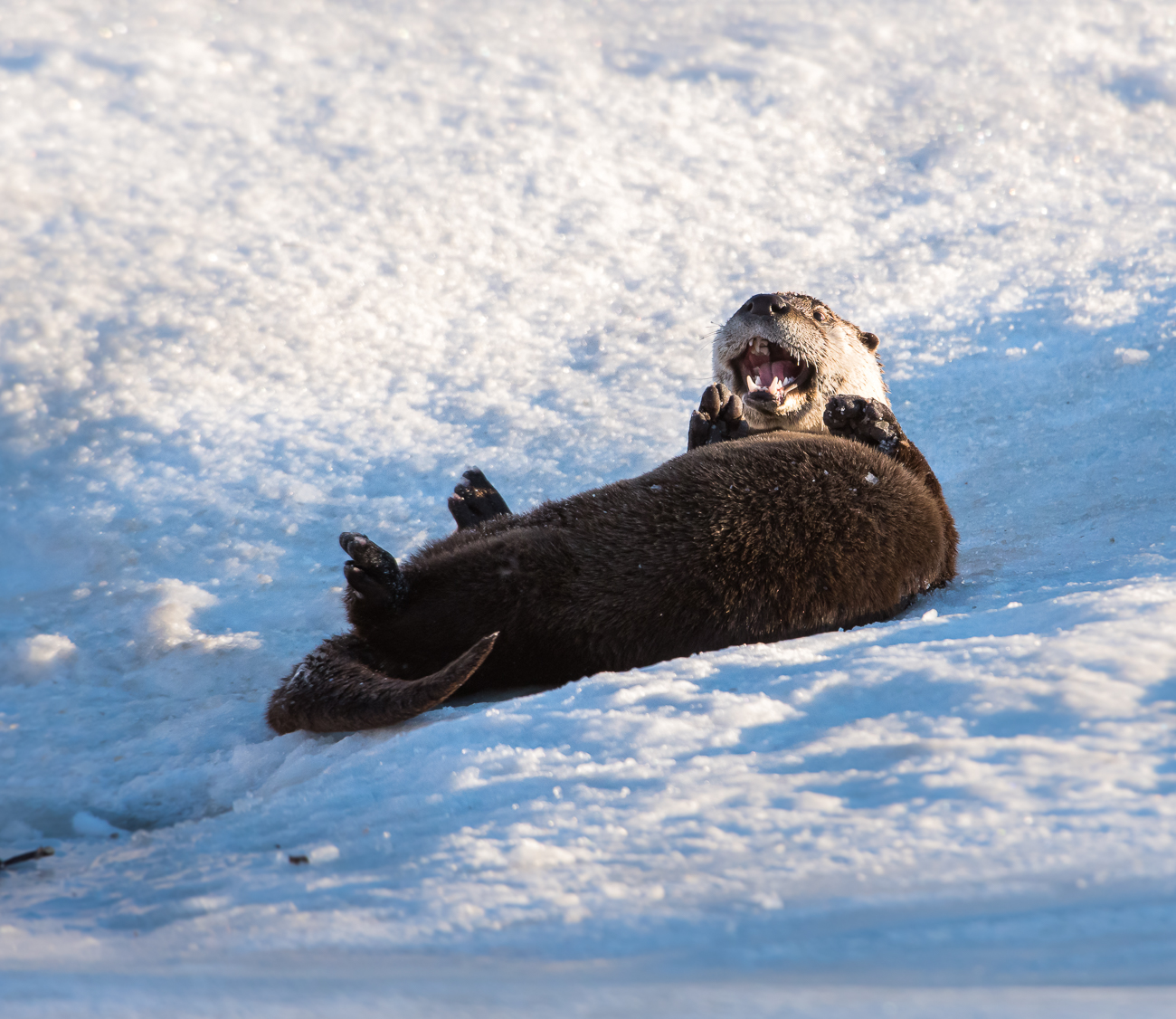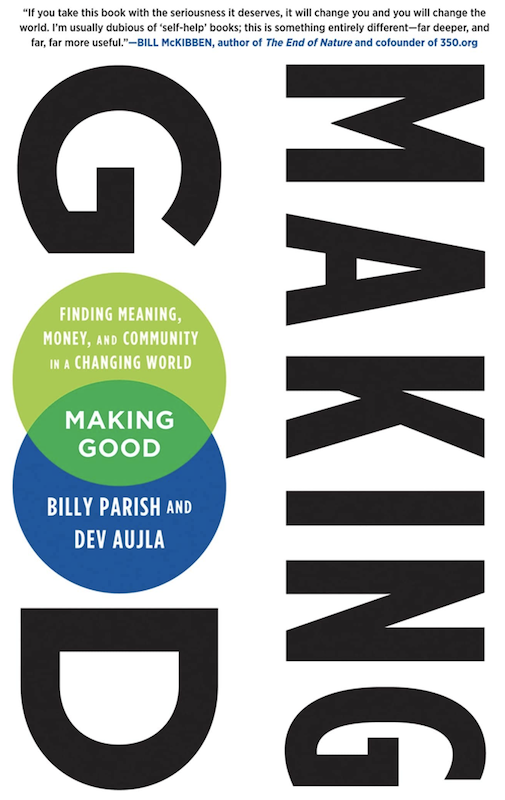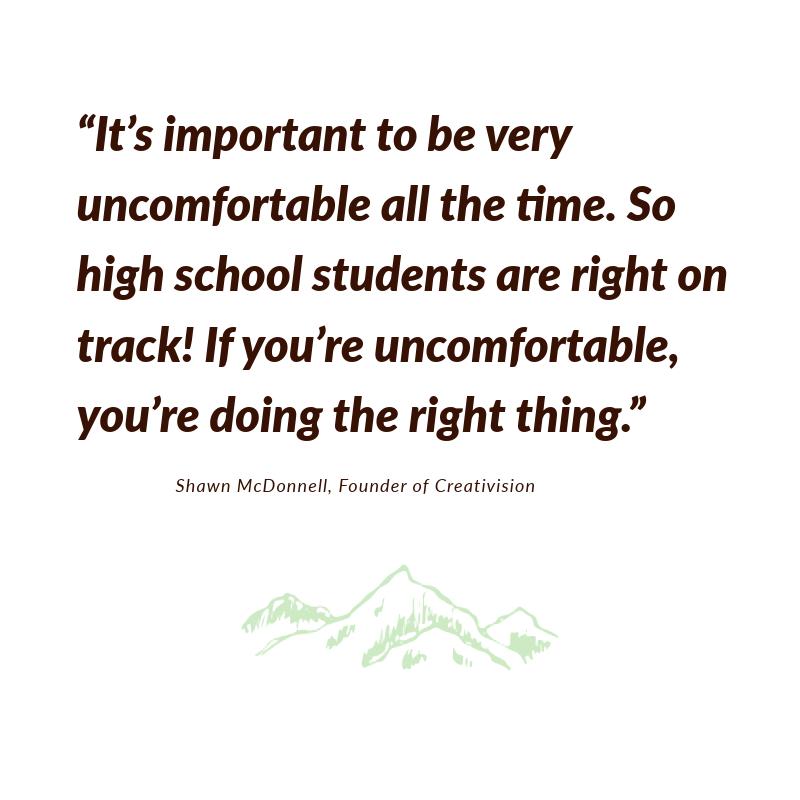We Don’t Know What We Don’t Know
Chapter Three
What’s a good question? Well, how about this:
“The hardest question is the ‘why’. Why do you say that? Why do you feel that way? And it’s a question, in our culture, we’re not that comfortable with.” – Donna Kennedy-Glans | Author & Former Alberta Cabinet Minister
This isn’t bad either:
“Who’s richer? The person who’s putting radio collars on coyotes at $5 a radio collar and makes $30,000 a year, or the Kardashian’s? Who’s richer?” – Mark Miller | TV Producer
 This is a good question:
This is a good question:
“We need resources in order to live our lives. We’ve built a society around natural resources. So, how do you balance the needs of the people who extract those resources with the people who are saying, ‘Hey, we want all that stuff to be pristine?” – Dawna Friesen | TV News Anchor
And this is even better:
“Do you save the mountain caribou, (even though) it’s going to cost a gazillion dollars and the chances are low? Or do you save six other species, use that same gazillion dollars, but the chances are higher?” – Sandra Odendahl | Engineer & Financial Executive
There’s no shortage of questions we should consider. Questions we need to ask if we’re to find a better balance between people and nature.
And yet, as individuals, we can’t answer every question; we can’t solve every challenge we face as a society.
What we can do though?
“Find their piece of it, find their curiosity about something and start working away at that.”
Entrepreneurial journalist Salimah Ebrahim is right. It’s all about finding a question that makes us curious and then evolving it again and again to ask the better question – the one that eventually unearths an answer.
Salimah’s query?
“I don’t know why we don’t take the same look at ourselves as we do the rest of the world.”
For Salimah, her journey of curiosity led to another question, and another, that eventually sparked this realization:
“We maybe know people on our street, but we no longer know the people two streets over. So, if we lose that ability to be curious and have empathy for our neighbours, then we’re not going to be able to apply it to larger issues or other parts of the world.”
And that epiphany? It was the genesis for her better answer to the question of how we get Canadians to start caring more about the rest of the world. We shouldn’t start with the future of the Middle East, but rather with developing empathy for our neighbours, in the hopes of a ripple effect of compassion that eventually extends globally.
 Or, in other words, Salimah’s better answer was launching a tech start-up, Artery.is. It’s a platform that allows people to gather to appreciate art and performance in the living rooms of their neighbours.
Or, in other words, Salimah’s better answer was launching a tech start-up, Artery.is. It’s a platform that allows people to gather to appreciate art and performance in the living rooms of their neighbours.
“At first blush, people can see it as a cultural platform. But I really see it as a community organizing tool.”
But for Artery.is to be Salimah’s answer to her first query, her next better question wasn’t to figure out this paradox:
“Everything is being branded as a community. Everybody is a community. The dry-cleaning app is a community of people that want to save 20 minutes a day, you know? So, if everything is changing the world and if everything is a community, then nothing really is.”
 No, Salimah’s next question was this: What do you love?
No, Salimah’s next question was this: What do you love?
What?! What does that have to do with anything?
Everything actually.
Accountant Amanda Gierling explains.
“I think, whatever you love to do, if you love to do something, you’re going to succeed at it and you’re going to be able to help not only yourself, but other people. And I think that’s the difference. You can do what you love, and then you can do what you love and apply it and you can help countless other companies, people, the world. And I think if there’s something that is a goal of yours and you are working hard towards it, it’s very likely there’s others that are going to be right there beside you. And then as you have two, three, four people with you – and it multiplies. All of these people working toward a common goal? How could you not have change?”
Exactly.
In fact, no matter what question we want to help answer for the world, the better question we always must ask first is:
What makes us tick? What makes us happy?
 That’s how we figure out who we are and what we’re good at and that, in turn, is what enables us to create a better world, argues the author of Making Good, Dev Aujla.
That’s how we figure out who we are and what we’re good at and that, in turn, is what enables us to create a better world, argues the author of Making Good, Dev Aujla.
“Even more so that traditional issue-based organizing, I’ve come to realize that the way we do good can be about how we live our own lives.”
But this is not just about good citizenship or effective leadership. As creator Shawn MacDonell tell us, it’s about “quality of life. Period.”
Too often in society, we’re told who we should be – what we should study, who we should become, how we should act, when we should care.
But we’re not robots. We can’t be pre-programmed. And we absolutely can’t be told what to think, explains former Alberta cabinet minister and author of Teaching the Dinosaur to Dance, Donna Kennedy-Glans.
“I have the right to be passionate about what I’m passionate about.”
And just as we shouldn’t assume people fit into cozy little boxes – just as we shouldn’t assume we know what other people think or feel or enjoy – we can’t allow others to do that to us either, Donna argues.
“I am small ‘c’ conservative. I was raised in a traditional setting. So, I have these values. But I also have lots of other values that aren’t conservative. So, let me decide about me.”
It’s why we need to take the time – make the time – to reflect on our priorities and motivations, our skills and passions, our hobbies and interests.
Shawn MacDonell argues, “Really spend time with yourself. If you want to tell your own story, you have to know your own story. What is that story, right? There’s a million people around you telling you what your story could be, should be. How do you get away from that and really get to know yourself? Shut up and spend some time with yourself.”
Shawn acknowledges, “It’s really scary. Like, it’s really scary. To ask yourself deep thoughts? ‘What do I actually think about this?’ And you have conflicting thoughts. ‘Does this make me a bad person?’ You have to figure that all out.”
But when we do, Donna Kennedy-Glans says, “that’s what, to me, integrity is. It’s figuring out what you really care about and walking your own talk.”
Yes, we need to walk our talk, but futurist Jim Bottomley says we also need to “make it fun to achieve stuff. It doesn’t have to be this heavy thing.”
Indeed.
When we’re happier – when we’re having fun – we’re more productive and more likely to stick with something. In other words, we better serve ourselves, our work and the causes we believe in when we find our niche.
Which isn’t to say we shouldn’t learn new skills or be challenged. We should. Always.

Shawn McDonnell tells us, “It’s important to be very uncomfortable all the time. So high school students are right on track! If you’re uncomfortable, you’re doing the right thing.”
Waterlution founder Karen Kun agrees, adding we need to be fearless in the face of the unknown.
“Be okay with being uncomfortable. And build tools to say, ‘This is a moment in time. Is it five minutes, is it an hour, is it a day where I’m going to be a little bit on the edge of discomfort?’ Maybe, but say, ‘I’m not going to turn my back. I’m going to stay here and I’m going to be open to what I learn’.”
That’s great advice for understanding what we don’t know about our world. And it’s also great advice for learning new skills. However, there is a subtle difference between being challenged and being miserable; learning something new and doing something we simply can’t.
Think of it this way:
I’m good at storytelling – though feel free to disagree – and I love music. I could tell a story to help others care for people and nature by writing and singing a song.
I could, but I shouldn’t.
I can’t sing. I shouldn’t sing. I can take lessons all my life, but it’s not a worthwhile challenge. It’s something I’m not good at and never will be good at, no matter how hard I try.
I need to be honest about that and then I need to understand what I am good at. Then I can start identifying how I can blend what I’m good at with what I love – maybe I can’t sing, but maybe I can use music to amplify my skills as a storyteller.
Make sense? And it’s a lesson that applies to citizenship too.
You see, we all have a responsibility to care for the wellbeing of nature and people. Nature is what sustains us; people are who we must get along with.
 But how best to care for people and nature? How best to balance people and nature? That’s up to each of us.
But how best to care for people and nature? How best to balance people and nature? That’s up to each of us.
When we work to understand what specific aspects of good, responsible citizenship speak to us, we can begin to connect the dots, linking what we love to what we’re good at – and what we love doing well to what we care about.
Then, as Salimah discovered, “you can bring a new perspective to at least ask a different question. That is what enables you to get to different places. If everyone is asking the same question, we’re going to get the same answers.”
So, to get the new answers? To get the better answers? We absolutely must ask this better question posed by Mount Robson’s Elliott Ingles.
“What do you enjoy? What’s that one thing that you can wake up in the morning and you want to do that thing.”
That answer? It’s not just the key to unlocking a better life, it’s also the key to creating a better world.